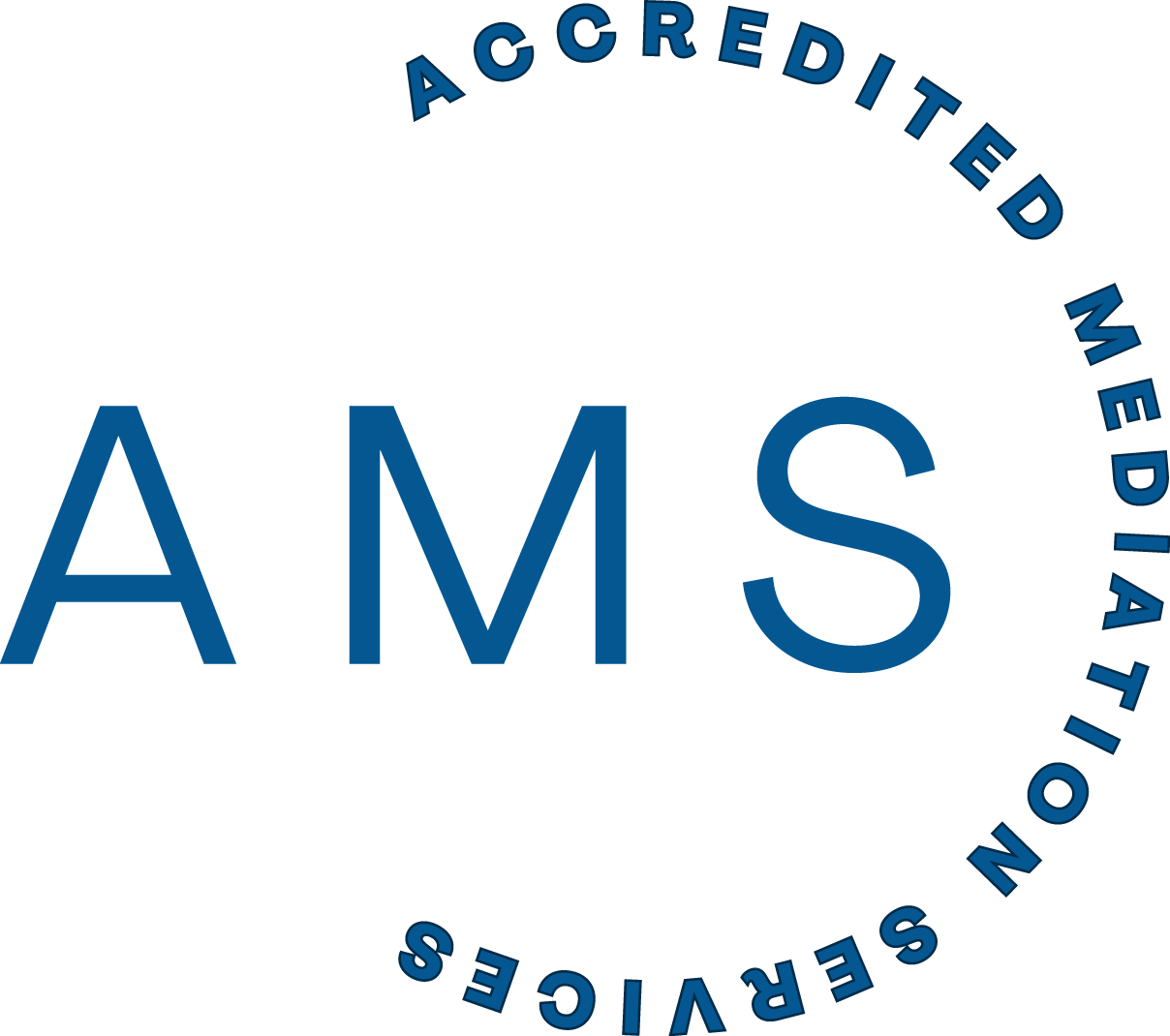Disputes and conflict of any kind can trigger emotions and bring out the worst in people and will quite often lead to long term consequences. Preparation is key to planning for effective negotiations and a settlement. There are a few simple steps to help you move forward from a situation that may seem impossible.
1. The way forward
Make some enquiries about the types of dispute resolution processes available that is relevant to your dispute. This may include engaging a lawyer, seeking information from Government agencies or community legal centres that can advise you on your legal position. Tribunals and courts receive many applications daily which causes delay in being heard and it can be costly in ongoing legal fees while parties become entrenched in the system. There is another way forward, which is easy to access, less costly, has less uncertainty about the future and you can usually reach a mutual agreement within days of commencing. At Mediator Hub we provide a fixed fee mediation service designed to help you engage meaningfully with each other to empower you to find a way forward to settle.
2. Stop the blame game and focus on the problem
Identify the issues that you are hoping to settle and briefly outline your concerns in a factual manner. It is important to remain objective and to focus on the problem and not the person/s. Many mediations de-rail because the focus switches from problem solving to blaming which can be counter-productive. At Mediator Hub our practitioners help you to identify an agenda of issues for discussions. Your mediator will encourage you to explore and consider options to solve the problem, focus on what matters (if it’s a family matter, it’s the children) and help you to narrow your options down to a pragmatic way forward.
3. Mind your language
Often language and the way you say it can be misunderstood and it can even impact on the potential for a resolution. Consider how you can refrain from using dialogue that may inflame and escalate the discussions unnecessarily. Try exercising neutral terms when communicating your interests and keep it factual about the problem. Raising your voice and exerting aggressive body language will only convert to noise and fear. This behaviour is counterproductive. If what you are saying is not being heard, ask yourself why and try a new strategy. At Mediator Hub, our mediators will help to role model language. If necessary, our practitioners will make necessary adjustments to the mediation to assist parties to be heard and communicate important interests to keep the negotiations on track.
4. Walk in the shoes of others
The principle of negotiation does not mean repeating yourself, making demands and remaining fixed in your position. Interest based bargaining is about why certain issues are important. The first rule is to listen more than you say. Listen to how the problem may be affecting the other party and approach the problem solving by generating more than one option. Acknowledging each others interests is powerful and goes a long way toward reaching terms that you can live with.
5. Get creative with your options
Not everything has to be divided, some dilemmas can be solved where everyone achieves what they want or at the very least what they are satisfied and can live with. It is worth remembering that the more options you have to put forward the more choice there is and the greater the chance of ‘buy in’. Don’t forget to be open to hearing all the options too.
6. Get real and manage your expectations
You may wish to consult with your legal adviser prior to mediation to understand what the next steps are to establish what you are willing to accept before risking further costs, delay and uncertainty of progressing to Court or a Tribunal. The mediation model is designed to encourage shared participation to resolve the matter and it is designed to preserve your well-being, save you money and time as well as produce an outcome that all parties can live with. There is generally one winner and one loser at a Court or Tribunal. That’s why it’s often referred to as a contest. At Mediator Hub, you can all be winners and move past this problem much sooner.

